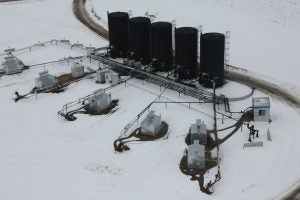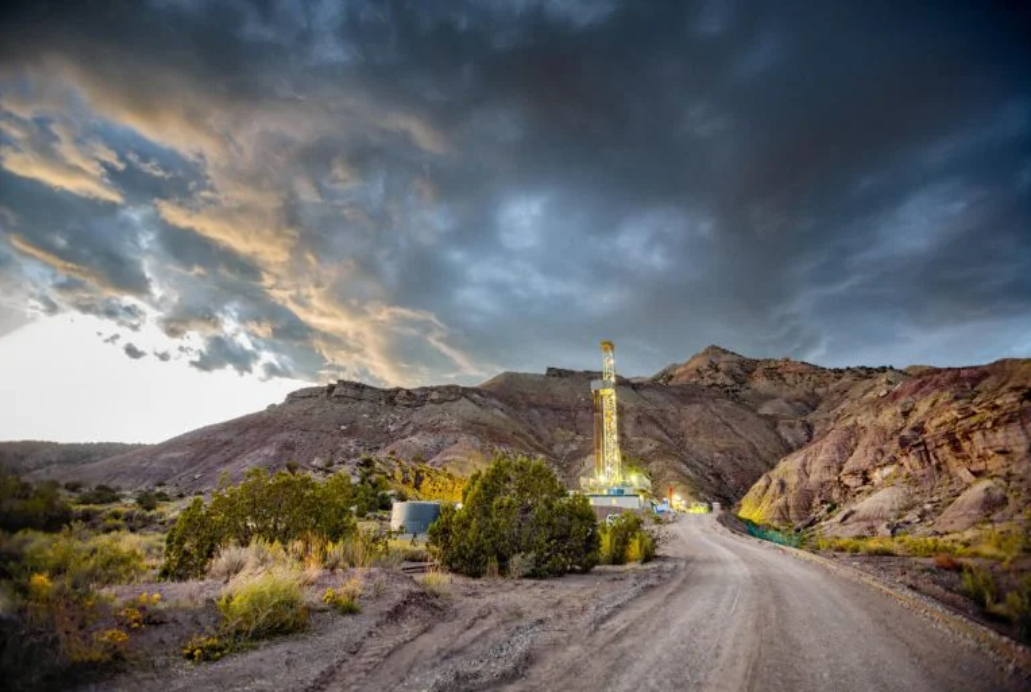Canada’s Trudeau exemplifies climate leadership in the face of COVID-19 crisis
 As countries everywhere struggle to balance crucial long term priorities like climate change with the urgent health and economic issues faced by millions suffering the effects of a viral pandemic, the government of Canada has distinguished itself with a new policy designed to address both sets of challenges without shortchanging either.
As countries everywhere struggle to balance crucial long term priorities like climate change with the urgent health and economic issues faced by millions suffering the effects of a viral pandemic, the government of Canada has distinguished itself with a new policy designed to address both sets of challenges without shortchanging either.
Prime Minister Justin Trudeau on Canada’s Energy Stimulus Plan offers a standout example of how world leaders can carefully meet society’s immediate needs while simultaneously reducing the greenhouse gas pollution that is destabilizing our climate. Trudeau’s response demonstrates that it is possible to protect and preserve jobs — even in the oil and gas sector — while still cutting emissions.
The plan, announced in April, includes over CA$2 billion to help offset the crisis in the energy sector, while keeping a sharp focus on the economy and the environment. It includes CA$1.7 billion to clean up old, so-called orphan wells across Alberta, Saskatchewan and British Columbia, which the government estimates will preserve more than 5,000 jobs in Alberta alone.
The package also provides a CA$750 million Emission Reduction Fund, which provides repayable contributions to oil and gas producers to reduce greenhouse gas emissions, with a specific emphasis on methane — a potent greenhouse gas with more than 80 times the 20-year warming power of carbon dioxide. Officials say the fund will create up to 10,000 new jobs.
Extending a leadership record
As in other countries, Canadian oil and gas producers industry groups have lobbied for financial bailouts and relaxation of regulatory oversight in response to the coronavirus crisis. In particular, the Trudeau government was asked to roll back, delay or otherwise weaken Canada’s landmark methane regulations adopted in 2018, which had just come into effect at the start of this year.
Canada’s Trudeau exemplifies climate leadership in the face of COVID-19 crisis Share on XInstead of knuckling under to a false tradeoff between the economy and our environment, Trudeau and the federal government struck a new course that will protect the long-term health of our climate while also ensuring that the people working in one of the country’s largest industries can not only weather the current storm, but also have a cleaner, healthier and more secure future.
Canada has long been a leader on methane. In 2016, Trudeau joined with the presidents of the United States and Mexico in an ambitious North American Climate, Clean Energy and Environment Partnership, under which the three countries agreed to reduce oil and gas methane emissions by 40% to 45% by 2025. Two years later, Canada became the first country in the world to adopt national methane emission regulations — the very rules companies are now pressing to do away with — so that Canada can reach the agreed-on goal.
Steps for success
Trudeau’s latest actions demonstrate continued leadership on this issue and show how the government can thoughtfully address multiple crises at the same time. As always, the challenge lies in the follow-through.
To achieve the full promise of the prime minister’s new Emissions Reduction Fund, it must incentivize the best, most effective practices, rather than simply subsidizing compliance with existing regulations. This would reduce costs in a challenging economic environment, while also dramatically reducing emissions and catalyzing job and business growth in Canada’s nascent methane abatement industry.
The fund must also expand support for more accurate measurement and monitoring of methane emissions. Better quantification of oil and gas methane emissions will lead to better mitigation, stronger and more effective regulations, and more sustainable job growth.
On the international stage
The world needs positive examples of strong global leadership to help carve a path forward on methane and build a consensus for action. Though the next round of international climate talks has been delayed until next year, leaders must continue to raise ambition to cut emissions and reach crucial Paris goals. Canadian initiative, Canadian success stories and a strong Canadian voice on the international stage will give the nation an opportunity to make methane reduction their signature contribution in the race to a sustainable future.
Canada is showing that reducing methane emissions can be done even in the midst of the worst global pandemic in a century, setting an example for countries worldwide to follow. Working together, we can make sure that that when better times return we will have put in place the pillars of a cleaner world that we all deserve.











